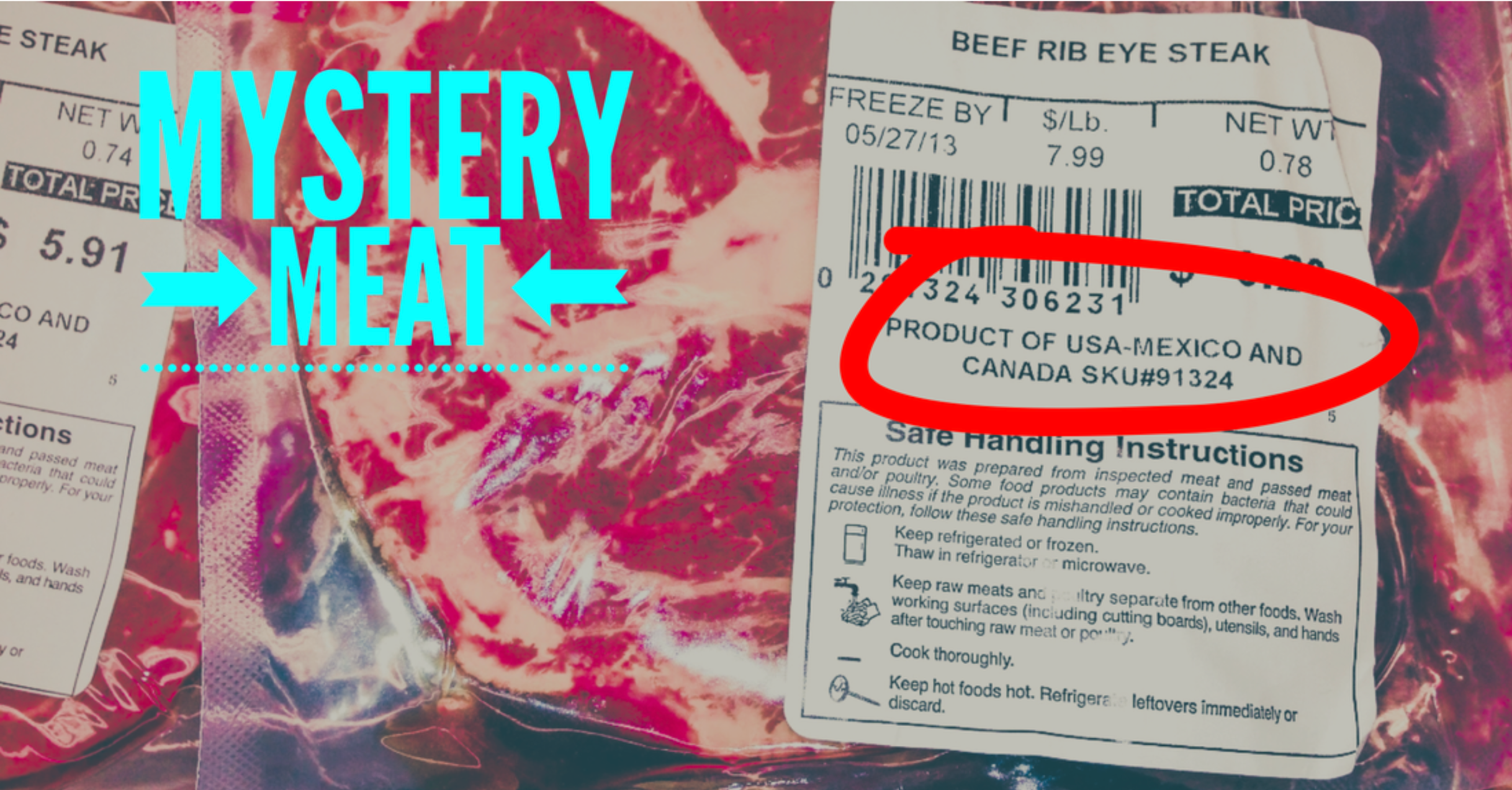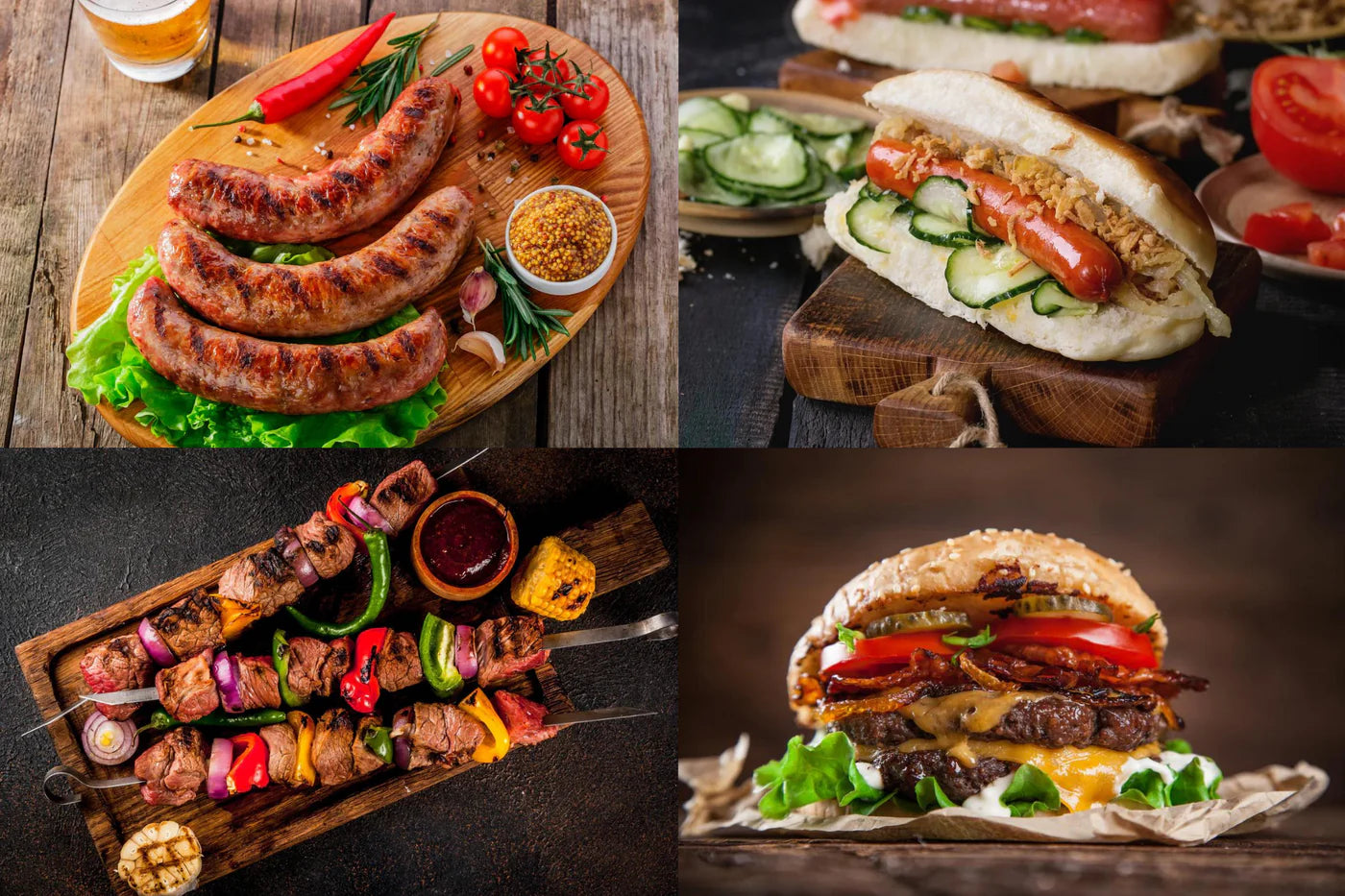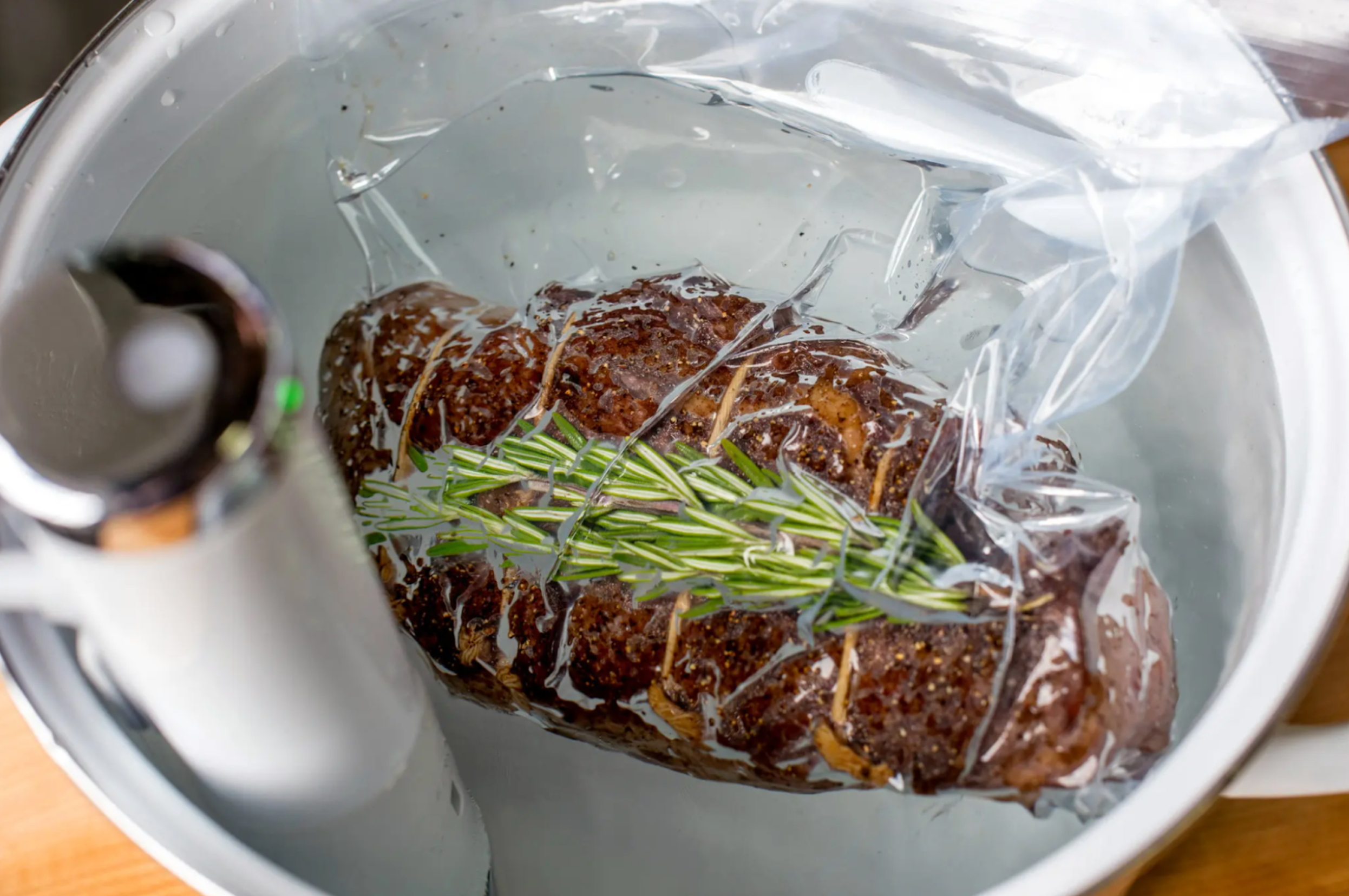
Why USDA's COOL Matters
Photo Credit: The French Family Farm
A Tale of Family Farm Beef vs. Factory Farm Imports
Dear Readers,
In the heart of Southern Iowa, nestled amidst rolling green pastures, lies Herd 77, our family-run prime beef farm. Here, our commitment to quality, sustainability, and transparency is our way of life. We believe that every cut of beef that graces your table should not only be delicious but also ethically and responsibly sourced.
When you look at the food choices that you make for your family, don’t you want the best?
That's why we want to shed some light on the USDA's COOL (Country of Origin Labeling) and why it matters. COOL is intended tomandates the labeling of certain foods to inform consumers of the country or countries where the product was grown, raised, or processed. However, the FDA no longer requires products to include their country of origin.
In the era of industrial agriculture, where efficiency often takes precedence over ethics, the origins of your meat can be shrouded in mystery. Factory farms, both domestic and abroad, prioritize mass production, often at the expense of animal welfare, environmental sustainability, and, crucially, your health. Without clear labeling, consumers are left in the dark about its origins. Is it from a country with lax regulations on food safety? Was it raised in cramped feedlots, pumped full of antibiotics and growth hormones?
The USA currently Imports more than 3 billion pounds of beef from 20 different countries.
These cheap and low-quality beef imports severely impact American Farmers. Large-scale companies such as Cargill, JBS, Tyson, and National Beef control more than 85% of the U.S. beef supply. With this much control over the industry, these companies sell low-quality products at premium prices under their labels. Meanwhile, American Farmers that work with these companies are forced to take prices that are much lower and unsustainable.
Shockingly, the USDA allows companies to label beef and other proteins “Product of the USA” even if the animal was raised and slaughtered abroad. According to this article in Food & Wine, “Unfortunately, the current beef labeling system in this country allows imported beef that is neither born nor raised in the United States, but simply finished here, to be labeled as product of the USA. This process is unfair to cattle producers and misleading for consumers. When you see a ‘product of the USA’ label on the grocery store shelf, it should mean just that.”
The origins of beef from these large companies can be unclear. We need to advocate for clear and transparent COOL labeling to be mandated on products by the FDA. Even when an option looks like a good choice at the grocery store, the vague labeling and deceptive marketing should make you think twice and dig deeper into what you are feeding your family.
Contrast this with our family farm approach. Our cattle roam freely on lush pastures in Southern Iowa, grazing on nutrient-rich grass, as nature intended. They live low-stress lives, without the need for added hormones or antibiotics. The difference is our commitment to providing you with beef that's not only flavorful but also wholesome and nourishing.
Since COVID-19, there has been a spike in interest among consumers to understand where their food is being sourced and the desire to know their local farmers. This allows farmers to avoid the middlemen- the big faceless companies listed above- and market their products directly to the consumer. Farmers can take their power back from the groups controlling the market prices by allowing consumers to feel empowered in their choice to support local farmers who produce ethically raised, sustainable, high quality, all-natural beef!
When you choose family farm-raised beef that's grass-fed and hormone-free,
you're not just getting a superior product; you're also supporting local communities and sustainable agriculture practices. You're investing in the well-being of the land, the animals, and future generations.
You have the power to vote with your dollar by choosing beef that is ethically raised from family farms like ours. You can opt for transparency and accountability, ensuring that your food aligns with your values. Additionally, you can support local farmers who prioritize quality over quantity, who steward the land with care and respect.
Together, let's celebrate the benefits of family farm-raised beef- where every bite tells a story of tradition, integrity, and pride.
Warm regards,Ashley Lawless
General Manager
Herd 77


